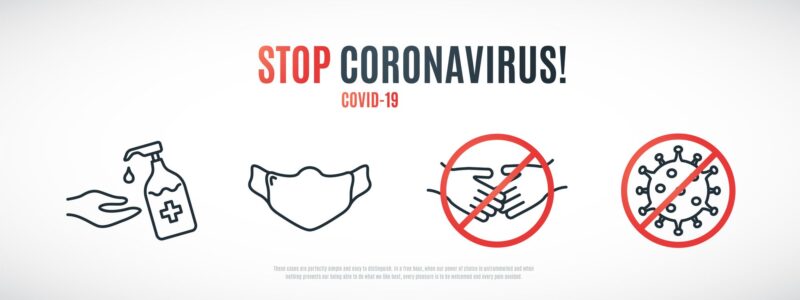Covid is a virus that has paralyzed the world and has spread to the most remote corners, putting the population on alert, which has a high probability of contagion, even if it is about keeping the protection measures.
Two types of tests are commonly used to detect the virus: PCR and rapid antigen tests ( Covid-19 BOSON, Covid-19 NEWGENE, Covid-19 WESAIL, Covid-19 GOLDSIDE, Covid-19 FLOW FLEX).
All Covid-19 tests are mostly reliable and have an effective mechanism that allows them to detect if there is contagion, however there are major features that make each of them more or less convenient when it comes to giving an accurate diagnosis.
Why do you have to be sure of the diagnosis?
A diagnosis of Covid is not something to be taken lightly, since although there are vaccines and medications to treat the disease, the risks are still latent.
You must be sure of the presence of the virus to start treating it as soon as possible and prevent you from infecting other people around you.
When your doctor knows the results of your test and the stage of the disease, he or she will be able to determine the type of treatment you need for your full recovery.

How do the Covid-19 antigen tests
Antigen tests have antibodies that can detect certain proteins of the virus. What is done is to take a sample of fluid from the nose in which these particles can be identified.
They yield results in a few minutes and stand out for their practicality and easy execution. They can be rapid oral or nasal fluid antigen tests . In variants such as the Omicron, the Covid-19 saliva tests can better detect the infection.
Is a PCR test necessary after a positive antigen test result?
Rapid antigen tests offer results that announce suspected cases of Covid. However, some factors can cause false negative diagnoses.
Depending on the health entity you contact, it is likely that they will ask you to take a PCR test after a positive rapid test to check the veracity of the results obtained.
The PCR test is more accurate than the antigen test. It is capable of detecting the virus in its early stages and works on both symptomatic and asymptomatic patients, however, they take longer to give results.
Covid diagnoses must always be accurate and leave no room for doubt. It is always good to confirm the tests because it is known that the chances of failure are not entirely impossible.
Although the SARS-CoV2 rapid antigen test they have been of great help in diagnosing early cases of Covid and have good efficiency rates, the PCR test for its virus detection system is still the best option if you want true results.

